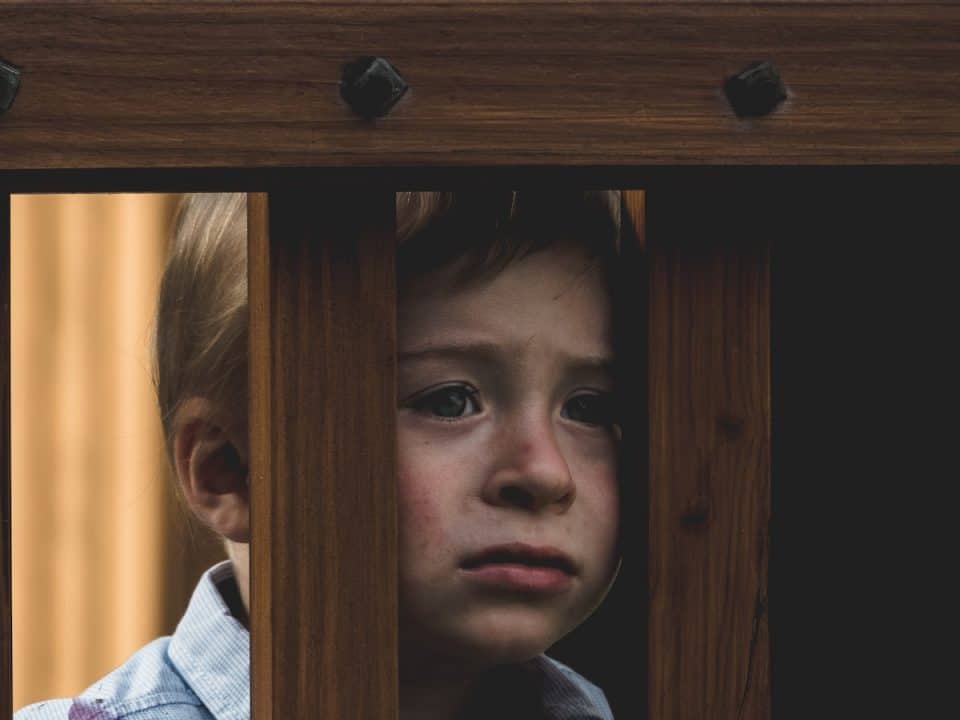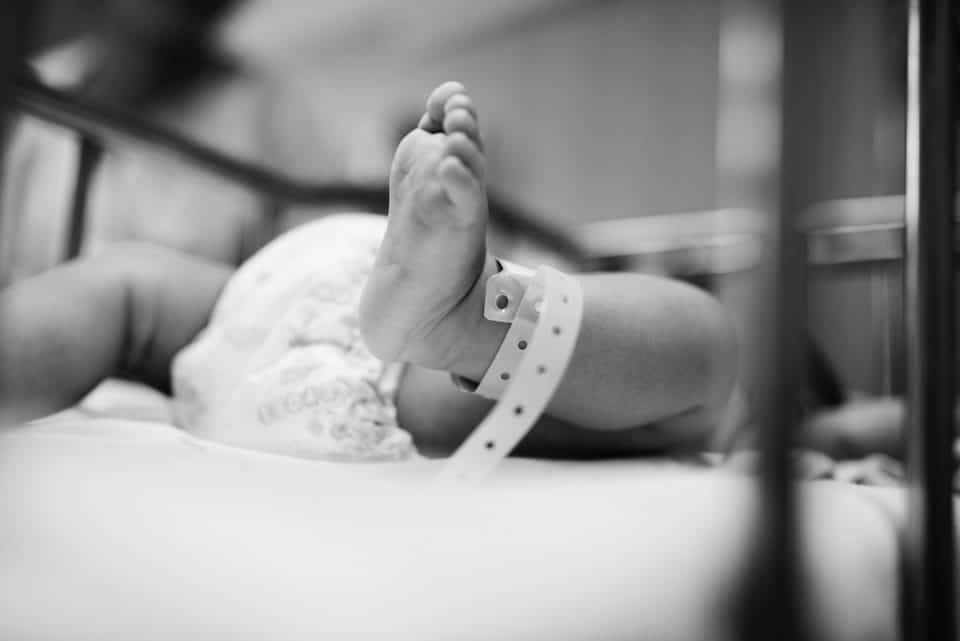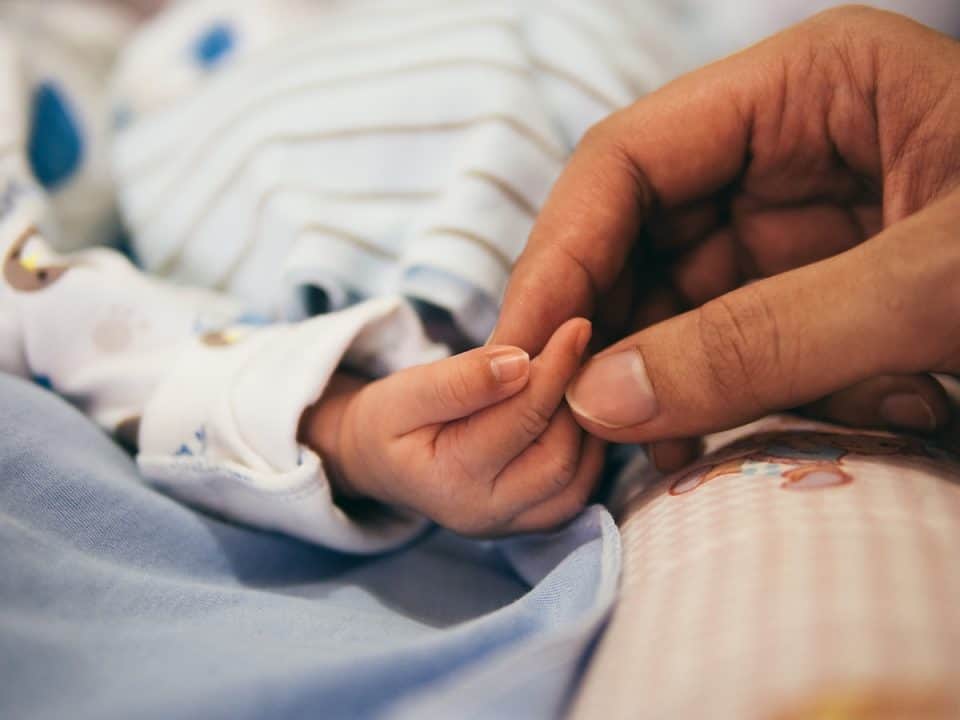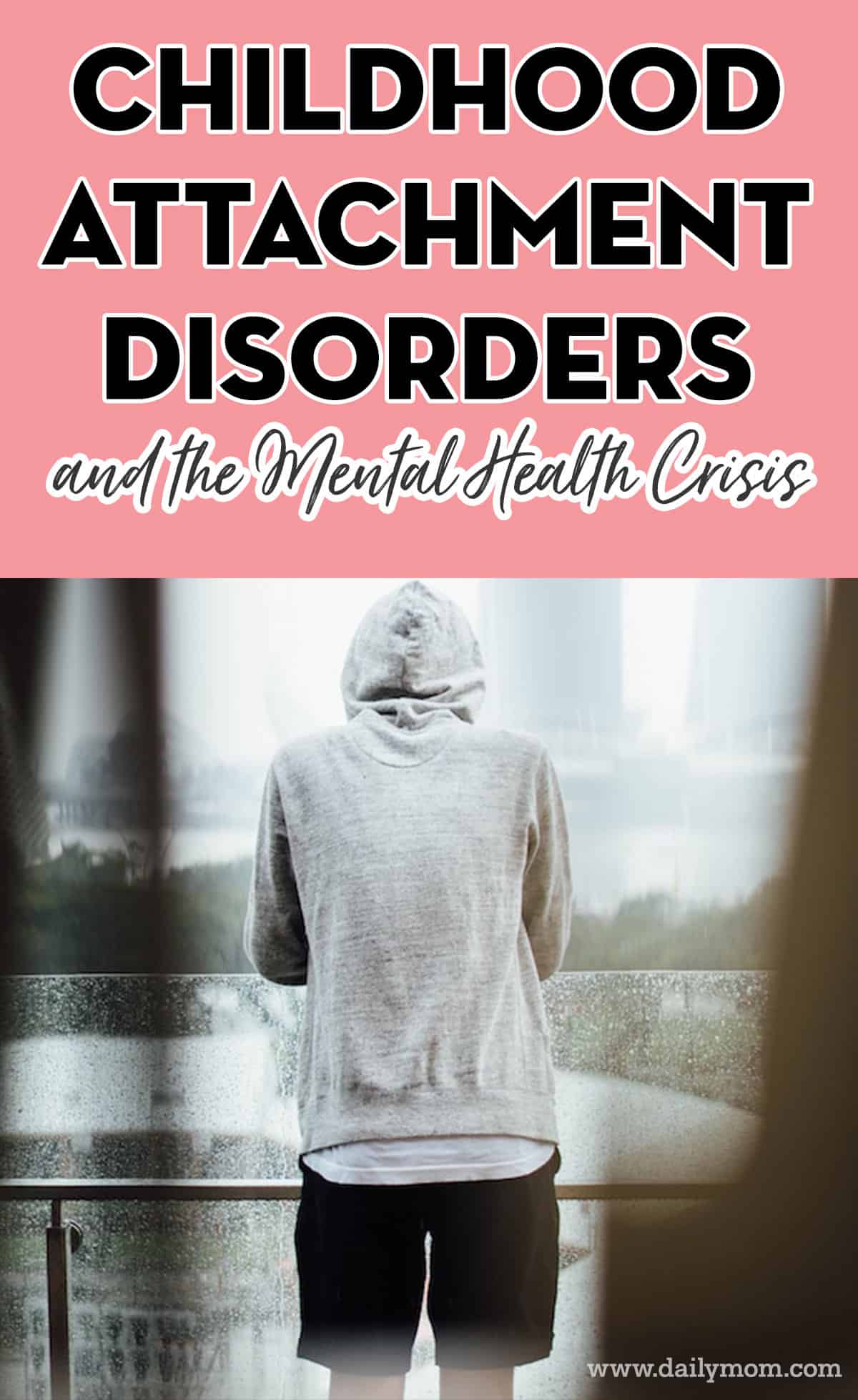In today’s world of technology and computers it is no wonder the mental health crisis here in the United States is getting worse. Lack of human interaction, empathy and compassion are all character traits going by the wayside as we communicate more and more through text messages, GIF’s and emoji’s with no visual or auditory connection. With people no longer needing to leave the house in order to fulfill any basic needs, including that of communication with others, we as humans have begun to experience a disconnect, damaging to our society. As with so many of our nation’s problems, children are some of the most affected in the population, especially those in the already at-risk groups. These children’s psychological, physical and emotional well-being are at the core of this crisis.

One mental health condition of serious concern is childhood attachment disorder, otherwise known as Reactive Attachment Disorder (RAD). With more and more children being diagnosed every day, we as parents, teachers and community leaders need to be aware of the causes, signs and symptoms of this mental health disorder. Although Reactive Attachment Disorder is generally diagnosed in children under the age of 5, the long-term effects to both the child and our society are potentially harmful. At-risk groups such as low-income children, children born to teen parents, children in foster care, or those suffering from abuse, abandonment or neglect are at a much greater risk for developing RAD.
Attachment is defined as a feeling that binds one to a person, thing, cause or ideal; in terms of psychology and mental health it is often used when defining the emotional bond between a parent and child. A strong attachment or bond is considered vital to a child’s normal, healthy behavior and social development. Children who lack this bond or attachment at an early age to a parent or stable caregiver are at risk long-term for being unable to establish emotionally healthy and meaningful relationships.
Signs or symptoms of attachment disorder in children include:
- Lack of eye contact or facial expression
- Not being affectionate with parents or family
- Indiscriminately affectionate with strangers
- Destructive to self, other and materials things
- Manipulation and Aggression
- Lack of empathy
- Cruelty to animals and preoccupation with fire
- Lying, stealing and serious lack of impulse control
- Lack of conscience
- Learning disabilities
- Poor peer relationships and the inability to make or retain friends
- Seemingly withdrawn and disinterest in interactive games at a young age
- Food and elimination issues such as food hoarding or bedwetting
Causes include any of the following risk factors during the first 3 years of life:
- Unwanted or teenage pregnancy
- In-utero exposure to drugs or alcohol
- Mental or physical abuse
- Neglect such as ignoring a baby’s cries for help
- Abandonment or separation from the primary caregiver such as the mother
- Mothers suffering from chronic depression
- Foster care placements or failed adoption placements
- Child-rearing on a timed-schedule or self-centered parenting rather than focusing on baby’s cries and needs

RAD is a disorder induced by stress and trauma at an early age, thus there is potential for the condition to be rectified through intensive counseling, although it rarely is. With the current state of our mental health system combined with the persistent living conditions of most children suffering from this disorder, there is unfortunately little hope. In simple terms, children who are not properly loved and cared for during their first few months and years of life will not develop healthy attachments. These same children are the ones living in poverty, foster care, or institutions, thus even with counseling they are not being raised in optimal situations, which is exacerbating the problem. Further, counseling without a change in the stressor which created or is continuing the disorder is usually ineffective.

Children, teens, and adults suffering from RAD have an almost complete lack of ability to show appropriate affection or empathy toward others, making them dangerous members of our society. Their lack of feeling and emotion toward humanity combined with their feelings of entitlement creates a concerning scenario whereby their need to manipulate and exert control over others is problematic. As stated by Magid and MacKelvey, “the unattached child literally does not have a stake in humanity.” By failing to form a loving bond or attachment to a mother or caregiver, the child does not develop an attachment to the rest of society.
Individuals suffering from RAD do not necessarily think and feel like a normal person as they frequently suffer from anger and rage far beyond typical upset. Depending on the degree of trauma experienced as an infant there is often an inability to feel love or guilt. These children also lack trust in others which oftentimes results in them failing to develop a conscience or basically being able to consider much less care about the difference between right and wrong. Although there are varying degrees of attachment disorder, for the children suffering from this ailment, the prognosis is grim.
So what does this mean to us as a society? What does it mean to us as parents and teachers who see these children in class with our kids everyday? What can we do to try and combat the scary effects of this disorder in an already overly violent and overly aggressive world? Reactive Attachment Disorder is not even necessarily a mental health problem treatable with medication, counseling and education are difficult and frequently ineffective.
As a people, we need to fight to address the root of the problem. Considering the majority of children diagnosed with some sort of attachment disorder come out of foster care, abusive or neglectful homes, or are born addicted to drugs and alcohol, we need to fight for the rights of these children. In-utero fetus’ have no rights, but quite frankly neither do children once born…the very limited rights granted to children are far overshadowed by those granted to the parents, regardless of the circumstances. We need to address infants being placed into foster care versus being put up for adoption immediately, we need to address the opioid epidemic sweeping our country, we need to provide free, long-term birth control to teens, drug addicts and other at-risk groups.

Placing young children into the revolving door that is the foster care system, or failing to terminate a non-compliant parent’s rights for years forces these otherwise adoptable babies to languish in care until they are much older and already traumatized. Studies have shown that the most developmental years in a child’s life are birth to age 5, so why do we think we can allow children to live in institutionalized settings, such as orphanages or foster homes during this period and then come out to lead normal lives? Every parenting book out there speaks volumes about the need for skin-to-skin contact and bonding between a baby and caregiver, yet we ignore the importance of this when it comes to these at-risk babies claiming parents’ rights.

Unfortunately, in this country we watch people fight for the “right to life” for an unborn fetus, but yet once that baby is born no one is there to fight anymore. Children suffering from attachment disorder grow up under incredible stress in traumatic situations with no one fighting for them. It is very likely that every mass shooter or violent criminal out there suffers from some degree of attachment disorder because of the anger, rage, and lack of concern for humanity culminating in these disastrous events. This is not a bullying problem, it is a not an issue that can simply be solved by children or teens being nicer to one another. The failure to create significant attachment to others is a deep-seated developmental issue that needs to be addressed from infancy.
Something must be done. We must take a stand for these children and for our children because they will grow up together. If we continue to believe that we can fight this problem on the backside in terms of medication, counseling or treatment, we are wrong. In this era of mass shootings, violent video games, and technology we have got to begin working to treat these children long before they become teens or adults. The sad part is that attachment disorders are treatable, not with medication because they are not chemical imbalances, but with love…the love of a parent or caregiver from infancy. Fight for these children’s rights by fighting for a system of free birth control, fewer teen pregnancies, exceptional prenatal care, and expedited adoption laws giving every baby a loving home from birth.
For more tips on pregnancy, parenting, and childrearing check out the FAMILY section at Daily Mom.
Sources: Families by Design, HealthResearchFunding.org, Child Mind Institute, Psychology Today










































